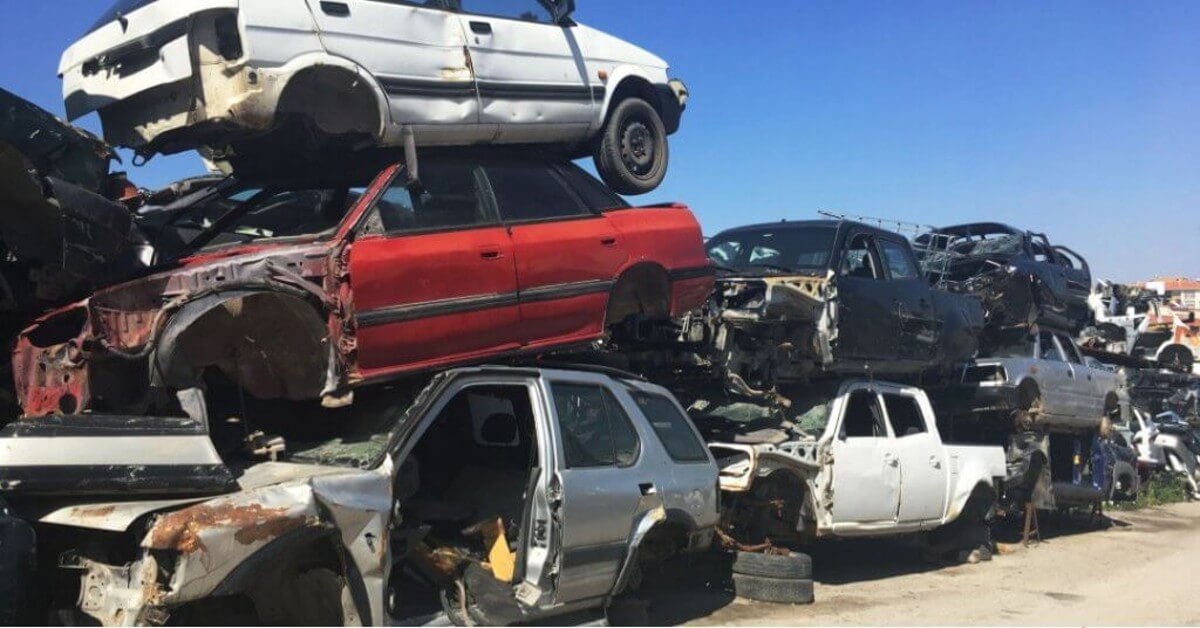Once you’ve decided to part ways with your vehicle in scrap cars Glasgow or scrap my car Paisley, the journey doesn’t end when it’s taken away for scrapping. Have you ever wondered what happens next? Let’s dive deeper into the process and uncover what becomes of your car after it’s scrapped.
Vehicle Collection and Transportation:
After you make arrangements with a scrap yard, they’ll typically schedule a convenient time to collect your vehicle. In Glasgow and Paisley, scrap yards often offer hassle-free pickup services, saving you the trouble of transporting the car yourself. They’ll arrive equipped to tow or transport the vehicle safely to their facility for processing.
Vehicle Assessment:
Once your car arrives at the scrap yard, it undergoes a thorough assessment. This involves inspecting its condition, identifying reusable parts, and determining the best course of action for recycling or disposal. Cars in relatively good condition might have salvageable components that can be refurbished and resold.
Decontamination and Dismantling:
Before dismantling begins, the car undergoes decontamination to remove any hazardous materials. Fluids such as oil, coolant, and brake fluid are drained and disposed of properly to prevent environmental contamination. Once decontaminated, the dismantling process commences.
Component Extraction:
Skilled technicians carefully remove valuable components from the vehicle. These may include the engine, transmission, catalytic converter, and various electronics. Components that are still functional can be refurbished and sold as used parts, contributing to the circular economy.
Metal Recycling:
After salvaging usable parts, the remaining shell of the vehicle is crushed and shredded. This process separates the metal into ferrous and non-ferrous materials. The shredded metal is then melted down and purified, ready to be used as raw material for manufacturing new products.
Environmental Considerations:
Throughout the scrapping process, environmental responsibility is paramount. Glasgow and Paisley scrap yards adhere to strict regulations regarding waste disposal and pollution control. Any hazardous materials generated during scrapping are handled and disposed of in accordance with environmental guidelines.
Certification and Documentation:
Once the scrapping process is complete, the scrap yard issues documentation to confirm the vehicle’s destruction. In the UK, this typically includes a Certificate of Destruction (CoD), which deregisters the vehicle with the Driver and Vehicle Licensing Agency (DVLA). This documentation provides legal proof that the vehicle has been scrapped and relieves the owner of any further responsibility.
Conclusion:
From collection to dismantling to recycling, the journey of a scrapped car in Glasgow and Paisley is meticulously managed to maximise resource recovery and minimise environmental impact. By choosing reputable scrap yards that prioritise sustainability, you can ensure that your vehicle’s end-of-life journey is handled responsibly and ethically.
So, the next time you consider scrapping your car in Glasgow or Paisley, rest assured that it will be processed with care, contributing to a more sustainable future for the automotive industry.
With a focus on innovation and technology, scrap cars Glasgow and scrap my car Paisley are poised to lead the way in responsible car recycling. As the industry evolves, we can expect to see further advancements that enhance efficiency, increase resource recovery rates, and reduce environmental impact. By staying informed and choosing eco-conscious options, we can all play a part in shaping a brighter, greener future for vehicle scrapping in Glasgow and Paisley.


